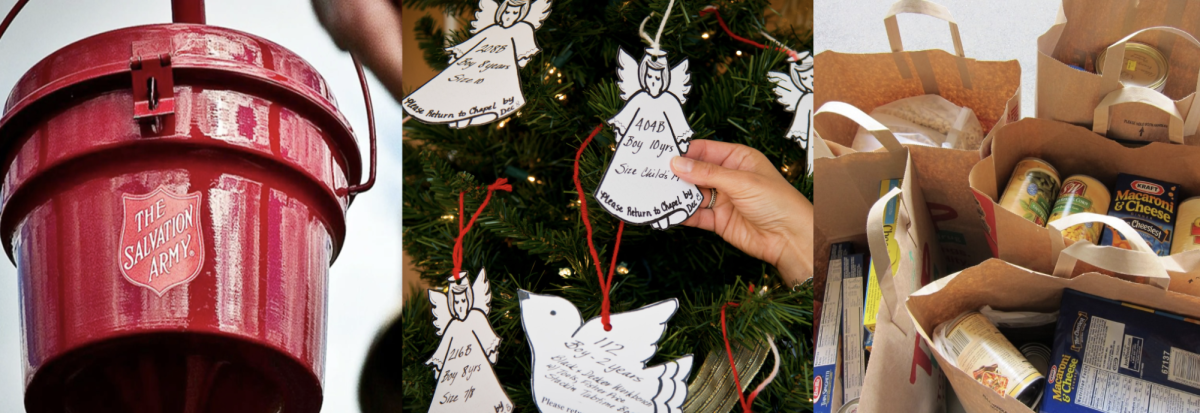Many don’t fully understand the difference between sustainable and organically grown foods.
Sustainable practices can be repeated over and over without stripping the land of its natural resources, save water, and are environmentally friendly because distribution and selling stays as close to the farm as possible. Sustainable farming tends to be done in small plots with a variety of crops to promote healthy soil and biodiversity.
Organic farming removes chemical pesticides, synthetic fertilizers, and added or artificial hormones from the growing process. Farms must be certified as organic yearly by the USDA, and in order for products to be labelled as organic, they must have at least 95 percent organic ingredients. Organic products can be produced on an unlimited number of acres by large corporations.
Spoonriver:
Located right on the Mississippi River next to the Guthrie Theater on South 2nd Street, the sleek yet comfortable Spoonriver restaurant serves fresh and locally sourced food. With a focus on creativity, presentation, and “feel good food,” Spoonriver offers a daily seafood special as well as vegetarian and meat specials, with their most popular items being their signature salads, grass-fed beef and lamb burgers, and naturally raised pork. They receive their ingredients from surrounding Minnesota farms or the Mill City Farmers’ Market, which owner Brenda Langton started. Plates range from $9 to $23. Spoonriver, while a splurge, offers excellent options for Minnesota grown food and artfully prepared entrées.
Prima:
South Minneapolis Italian restaurant Prima lives up to its name: ”first” or “best” in the home-made pasta department. Favorite dishes include the classic fettuccine puttanesca, the rich butternut squash tortellacci with caramelized pears, and the house-made goat cheese ravioli. Owners Eliot and Jennifer King search for the highest quality ingredients like heirloom tomatoes, greens, honey, eggs, and vegetarian-fed and free-range chickens from locally sourced Minnesota farms and from their own family-owned Waconia farm. Prima is notable for its friendly service and welcoming atmosphere. Entrées are affordable, ranging from $12.95 to $19.85.
Sea Change:
Sea Change is an excellent sustainably sourced option if you’re in the mood for seafood or splurging a bit. Built into the ground floor of the Guthrie Theater, Sea Change gives the diner two options on the menu: “Fish” or “Not Fish.” Chef Tim McKee provides sustainable seafood by buying fish from well-managed populations, and paying careful attention to the catch numbers of fisheries that use safe methods of farming and gathering seafood. Popular dishes include the crispy-skinned arctic char and the grilled to perfection swordfish. Prices range from $18 to $29. In order to further Sea Change’s green philosophy, not only is the food at Sea Change sustainable, the furniture is crafted from fallen redwood trees.









































